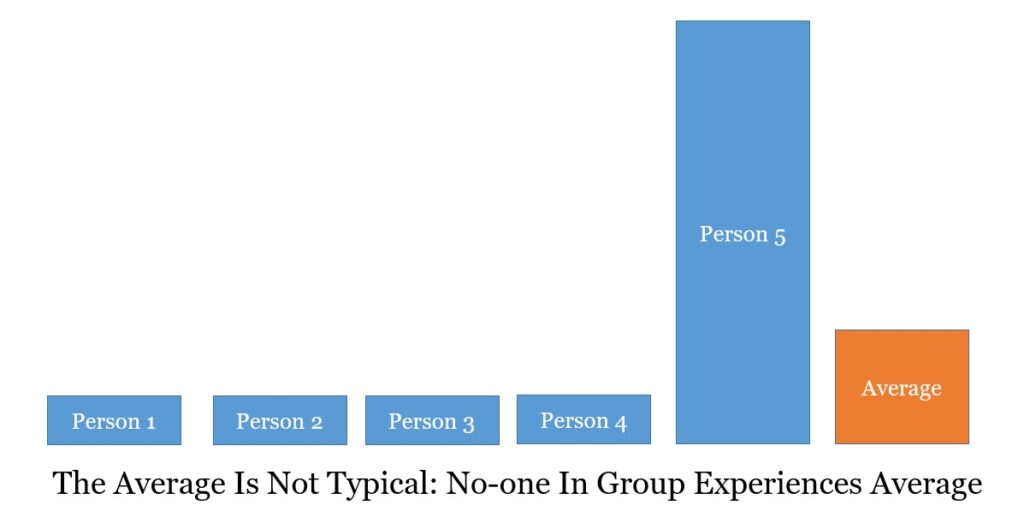Peter Diamandis & Steven Kotler’s book Abundance is a great read. It argues that the future is abundance. The world will be able to produce what we need to give everyone in it a decent life. The book is a valuable antidote to pessimism.
The Future Is Abundance, Innovation, And Progress
Whenever they see discussions of innovation to improve the world I know why some people push back. There is a genuine concern. One doesn’t want innovation to be just wishful thinking. ‘We don’t plan to take action because innovation will deal with the problem for us’. This is most obvious in climate change discussions. A reliance on innovation should not substitute for action. Indeed, it is often deliberate action to address a problem that drives innovation. Pushing for clean energy is precisely the reason why we might hope for progress through innovation. If we do nothing the incentives to innovate will be a lot less.
It is with that in mind that I can say I appreciated Abundance and its tone. The authors tell us the progress that is possible. To some the book might seem ‘too positive’. I would say in response that it is clear that the authors are explicit that humans will have to work for the progress. They don’t just expect innovation to save us. Innovations come because people make an effort to make things better. Foreseen disasters have been averted in the past because people saw the disaster coming and changed their behaviors. Innovation, driven by effort, has solved many problems.
Predicting The Future
The authors were predicting what would happen in the near future when writing a decade ago. Some things you read and want to know what happened. Did progress occur as expected and I just missed it? (That happens a lot — see the work of Hans Rosling. This is especially true for progress outside the USA/Canada/Europe which are the areas I know most about). That said, some predicted progress I’m pretty sure didn’t occur. Is progress still in the pipeline and about to breakthrough? Let’s hope.
The Hype Cycle
One problem is the hype cycle. (This seems to also be known as the Gartner hype cycle or macro-myopia). This is a fascinating insight into psychology. People hear of a new tech it seems revolutionary. They then have massive expectations and get disappointed when these don’t instantly get fulfilled. We miss that things did massively change, just not overnight.
We have inflated expectations when a novel technology is first introduced, followed by short-term disappointment when it doesn’t live up to the hype…..we also consistently fail to recognize the post-hype, massively transformative nature of exponential technologies.
Diamandis & Kotler, 2012, page 35
We have hype, bubbles, disappointment, and then permanent world change. Electric cars are not everywhere yet but they are slowly getting there. Solar too is rolling out (except my county in Georgia which seems to be actively blocking progress).
What is very exciting is that many of the most transformative technologies they discuss will help those with the least. Simple water treatment, easy to maintain electricity to remote villages, and mobile diagnostics. The possibilities are worth getting excited about.
Averages And A Typical Person
An interesting example of statistical application occurs in works such as this which discusses medical progress. The average lifespan of a person in the past is always potentially misleading. Because so many children died the average lifespan was very low. When you see an average lifespan of 30, for example, you shouldn’t think that lots of people keeled over at 30. If you got to adulthood you could hope to go on a decent amount from there. Don’t be misled into thinking that an average value is a ‘typical’ value.

That said, the average remains still useful. Allowing more people to get to adulthood has to be about as great a human achievement as there can be.
For more positive views of the world see here, here, and here.
Read: Peter Diamandis & Steven Kotler (2012) Abundance: The Future is Better Than You Think, Free Press
